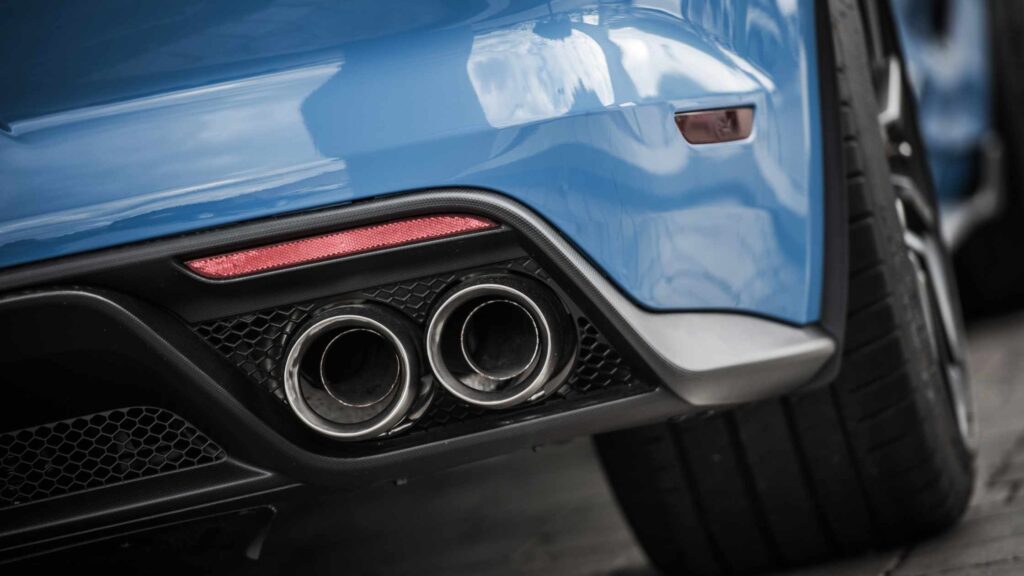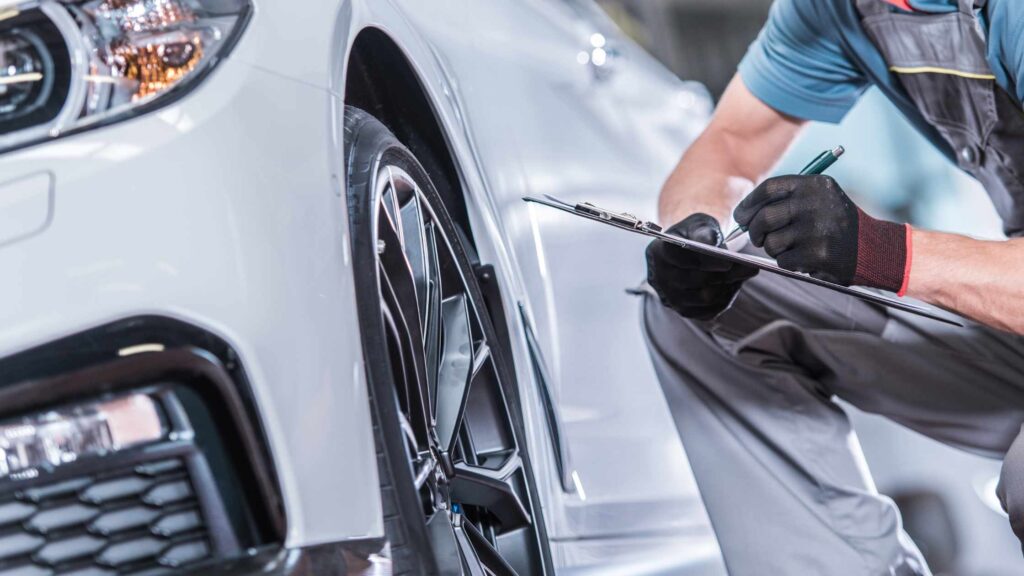Introduction
Car exhaust system issues can be a major headache for car owners, but understanding how to deal with these problems can save you time, money, and frustration. In this article, we will explore common exhaust system issues, discuss the importance of repairs and maintenance, and provide tips for keeping your car’s exhaust system in top shape.
Common Exhaust System Issues
1. Leaking Exhaust Manifold
The exhaust manifold connects the engine to the exhaust system and funnels all the harmful gases away from the car. Over time, the manifold can develop cracks or leaks due to extreme heat and constant exposure to the elements. A leaking exhaust manifold can lead to decreased engine performance and increased fuel consumption. If you notice a ticking or hissing sound coming from the engine bay, it could indicate a leaky exhaust manifold.
2. Blocked Catalytic Converter
The catalytic converter is responsible for reducing harmful emissions by converting them into less harmful substances. However, it can become blocked or clogged over time, resulting in reduced engine performance, increased fuel consumption, and even engine misfires. A blocked catalytic converter may trigger the check engine light, and you may experience a noticeable decrease in power.
3. Exhaust Leaks
Exhaust leaks can occur at various points along the exhaust system, including the exhaust pipes, muffler, and joints. These leaks not only create loud and annoying noises, but they can also allow toxic fumes to enter the cabin, posing a health hazard to you and your passengers. If you notice a strong smell of exhaust or hear a hissing noise coming from underneath the car, it is crucial to address the issue promptly.
4. Rust and Corrosion
Exhaust systems are constantly exposed to heat, moisture, and road salt, making them susceptible to rust and corrosion. Rust can weaken the exhaust pipes, leading to holes and leaks. Regular inspections and proper maintenance are essential to catch and repair any rust or corrosion before it becomes a significant issue.
Importance of Repairs and Maintenance
Ignoring or delaying exhaust system repairs and maintenance can have severe consequences for both your car and your health. Here are a few reasons why it is crucial to address any exhaust system issues promptly:
1. Performance and Fuel Efficiency
A compromised exhaust system can negatively impact your car’s performance. Leaks, blockages, and other issues can lead to reduced power, decreased fuel efficiency, and even engine damage. By addressing these problems promptly, you can ensure that your car runs smoothly and efficiently.
2. Environmental Impact
Exhaust system issues can result in increased emissions, harming the environment. A malfunctioning catalytic converter, for example, may not be able to effectively reduce harmful gases. By keeping your exhaust system in good condition, you are doing your part to minimize your carbon footprint.
3. Safety
Exhaust leaks can introduce toxic gases like carbon monoxide into the cabin, posing a serious health risk. Carbon monoxide is odorless and can be deadly in high concentrations. Regular maintenance and inspections can help prevent exhaust leaks and ensure the safety of you and your passengers.
Tips for Maintenance and Repairs
To keep your car’s exhaust system in top shape, follow these maintenance and repair tips:
1. Regular Inspections
Make it a habit to inspect your exhaust system regularly. Look for signs of rust, corrosion, and leaks. If you notice any issues, take your car to a trusted mechanic for a thorough inspection and repair.
2. Replace Worn-out Components
Over time, various components of the exhaust system, such as gaskets and hangers, may wear out and require replacement. Be proactive and replace these parts as necessary to prevent further damage to the system.
3. Watch for Warning Signs
Pay attention to warning signs like loud noises, reduced performance, unusual smells, or illuminated warning lights. These can indicate underlying problems with your exhaust system that need immediate attention.
4. Use the Right Fuel and Oil
Using the correct fuel and oil for your car can help prevent the buildup of deposits in the exhaust system. Consult your car’s manual to determine the recommended fuel and oil type.
5. Avoid Excessive Idling
Excessive idling can lead to the buildup of soot and carbon deposits in the exhaust system. Whenever possible, turn off your engine instead of idling for extended periods.
Summary
Dealing with car exhaust system issues requires prompt attention and regular maintenance. Leaking exhaust manifolds, blocked catalytic converters, exhaust leaks, and rust are common problems that can affect your car’s performance, fuel efficiency, and safety. By addressing these issues promptly and following proper maintenance practices, you can keep your exhaust system in optimal condition. Remember to inspect your system regularly, replace worn-out components, and watch for warning signs. Maintaining a healthy exhaust system not only benefits your car but also contributes to a cleaner environment.







